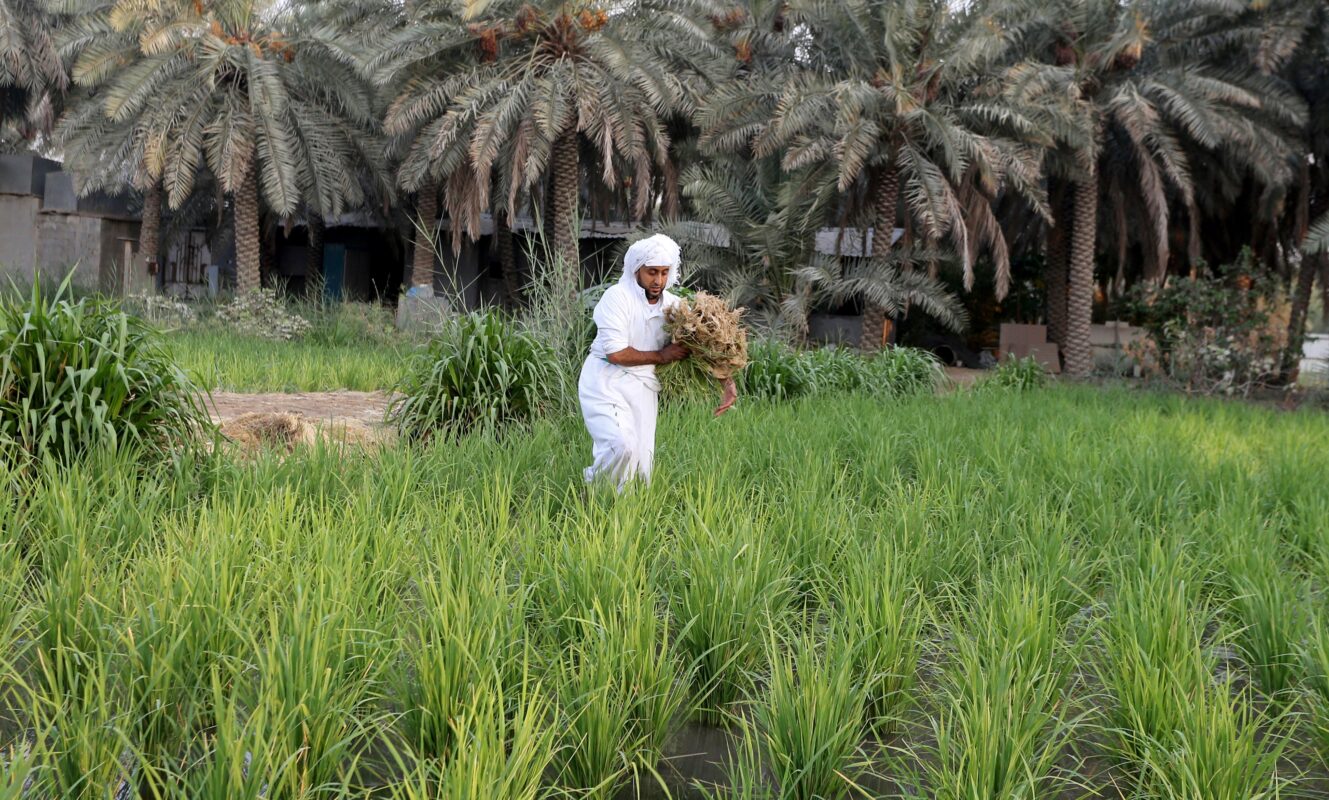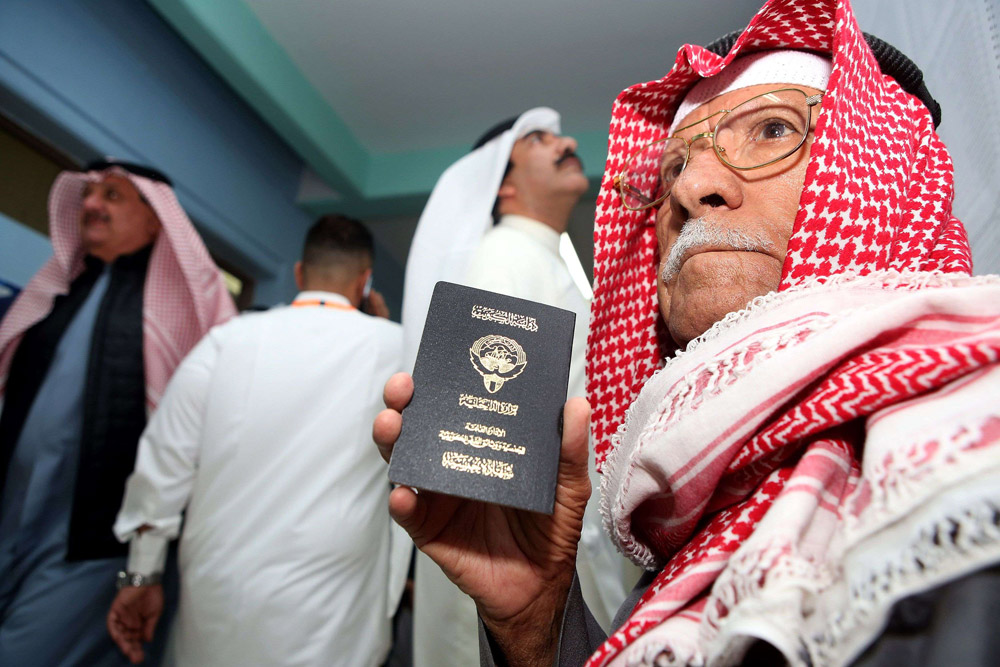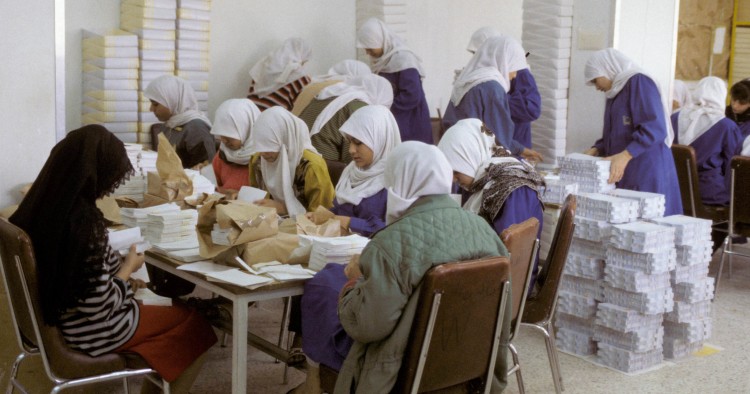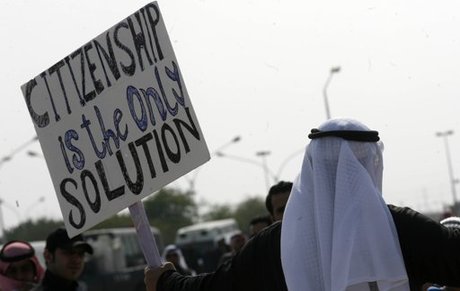Food security is described by the FAO (Food and Agriculture Organization) as ‘’ all people, at all times, have physical and economic access to sufficient, safe and nutritious food to meet their dietary needs and food preferences for an active and healthy life”. In addition, food security is structured in four pillars, namely: 1) Availability[…]
Globally, the impact of climate-induced back draws and, ultimately, migrations can be witnessed extensively. This phenomenon is less prevalent in the Gulf Cooperation Council (GCC). However, the recent statistics on climate change and the allocation of investments in natural resources in the Gulf can revert the trend. According to the Middle East Institute (MEI), the[…]
On 17 July 2023, Americans for Democracy and Human Rights in Bahrain (ADHRB) launched an international campaign advocating for the rights of the ”Bidoon”. Aiming to secure access to essential services in education, healthcare, employment, and freedom of assembly, ADHRB called for the end of the discriminatory practices of Kuwait’s government. In addition, shortly after[…]
The sponsorship system, also known as the ‘kafala’ system, has been around since the 1950s. It was initially created to control migration into Arab countries. The Kafala system usually defines the relationship between foreign workers and their local sponsors, making them their employers. Under this system, states typically give these employers enough funding permits to[…]
Americans for Democracy & Human Rights in Bahrain (ADHRB) has launched today an international campaign to pressure Kuwait to respect the rights of the “Bidoon” community and put an end to the violations they face in terms of access to basic services in education, healthcare, and employment, as well as freedom of expression and assembly.[…]









